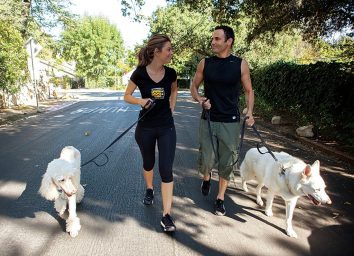The 10 Worst Diet Rules If You’re Over 30

No matter how hard you try to keep the weight off, your metabolism will slow down because of the bone and muscle loss that comes with age—which, in turn, makes it more of a challenge to maintain a trim physique. What’s worse, diet tricks that worked for you in the past may no longer help the pounds come off. To help you keep your fat-burning furnace humming, we asked a group of top nutritionists which diet tips you should kick to the curb after you’ve hit the big 3-0. And after you’ve refined your routine to unfollow these old ways of weight loss life, check out the 47 Best New Weight Loss Tips!
Use "Diet" Foods to Lose Weight
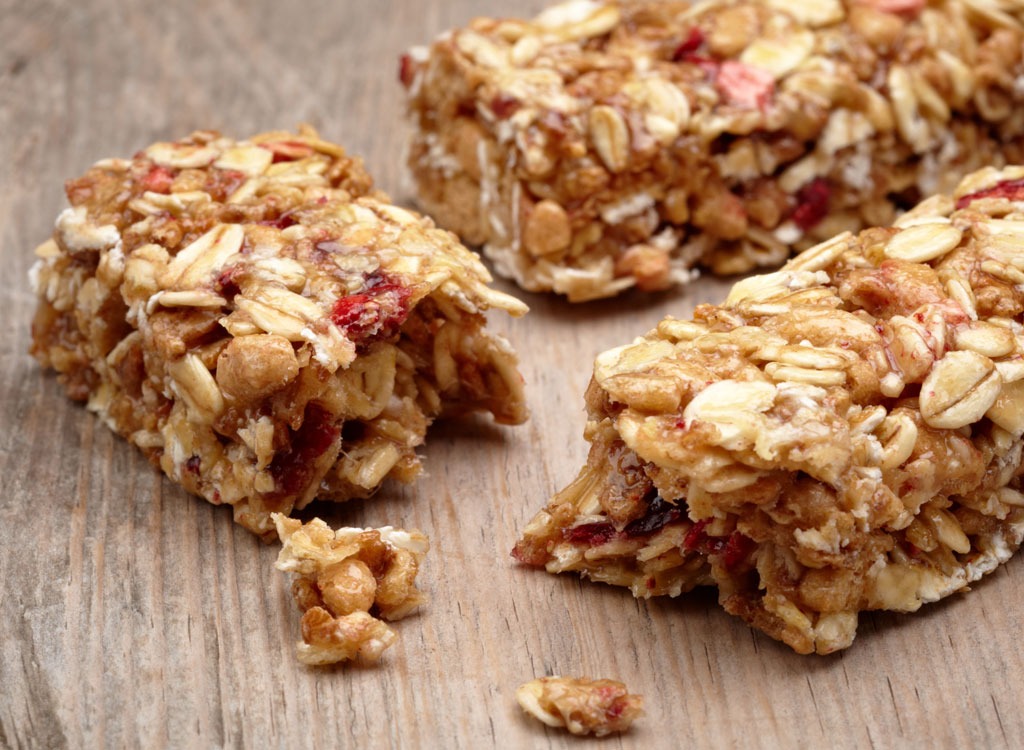
“Diet shakes, bars, and boxed meals are highly processed. They’re filled with sugar, sodium, and chemicals and provide little nutrition,” says Kristin Reisinger, MS RD CSSD, and owner of IronPlate Studios. “Even so, many people in their 20s turn to these products to lose weight—and they often work in the short term. However, once we’re in our 30s, insulin production is more sensitive to sugar and processed food, so our bodies tack those calories on as fat more readily. Stick with clean, healthy foods to keep your metabolism running strong and energy levels high.”
Skip Meals to Save Calories
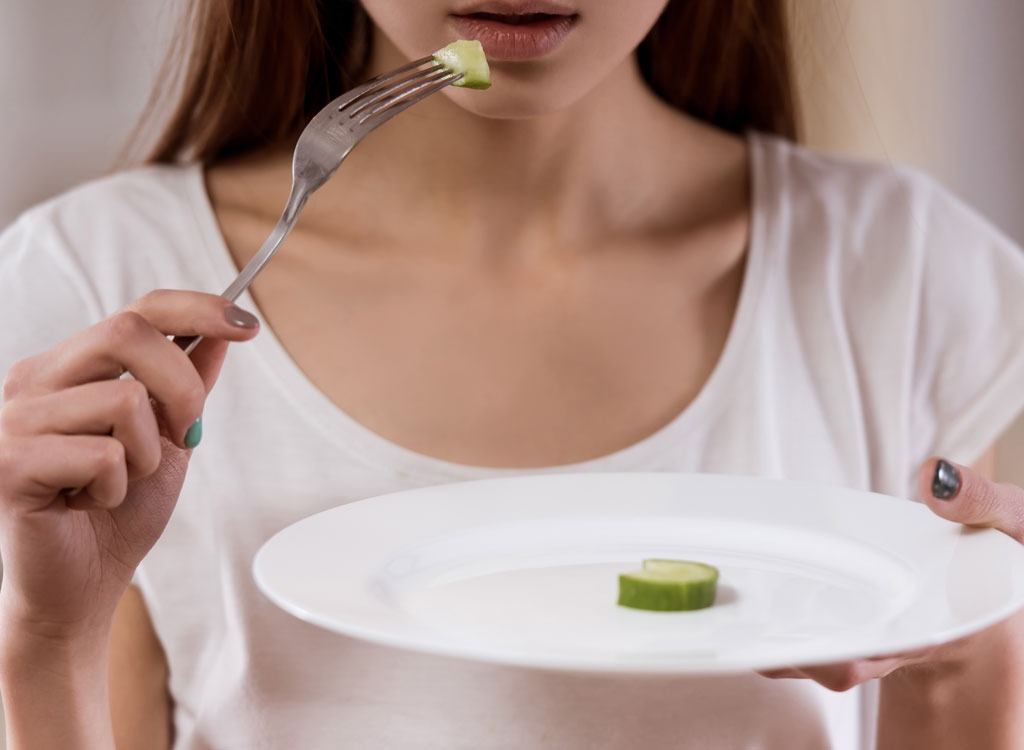
“In the past, skipping meals might have helped you reach your weight loss goal, but after a certain age, the body wises up,” says Lisa Moskovitz, R.D., founder of The NY Nutrition Group. “The more you try to restrict, the more your body will store calories as fat, in case it needs to use them. It’s important for health, energy and metabolism to eat every four to five hours.”
“Undo” Indulgences with a Workout
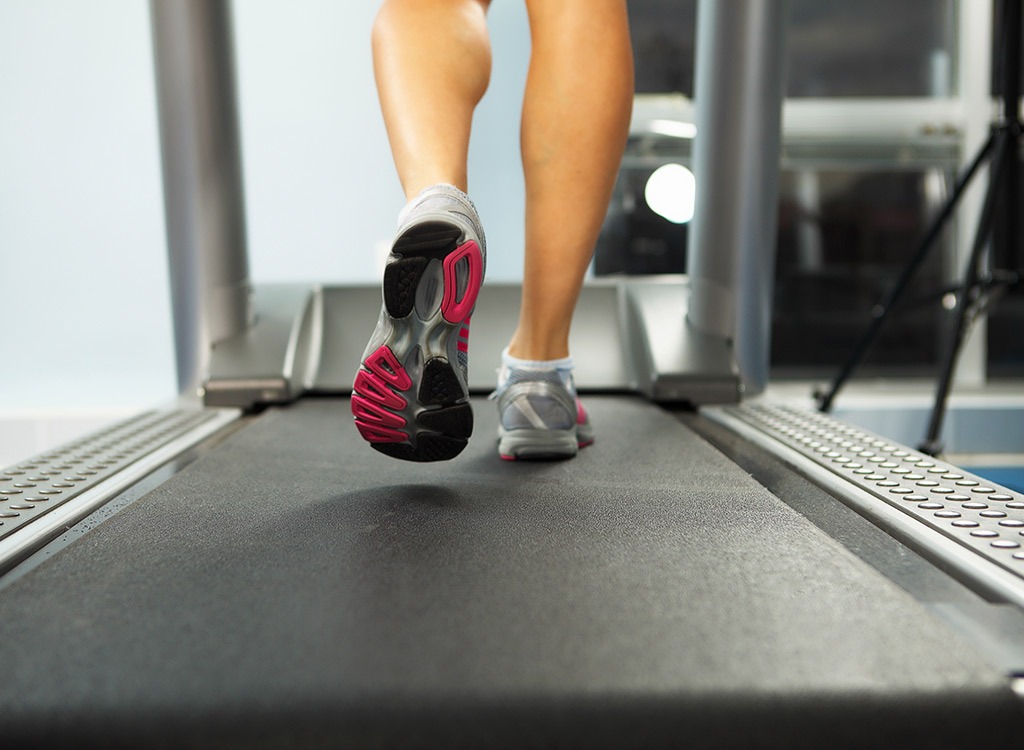
“When we're younger, eating healthier seemed pointless when you could just go to the gym 24/7 to lose weight. Unfortunately, as the body ages, exercise still has plenty of positive benefits—but weight loss is often not one of them,” says Moskovitz. “When it comes to dropping pounds, a healthy diet and moderate exercise—both weight training and cardio—are key. Since metabolism slows as we age, you need to focus on both aspects of wellness to stay on track.”
Eat Fewer Calories If You’re Drinking Them Later
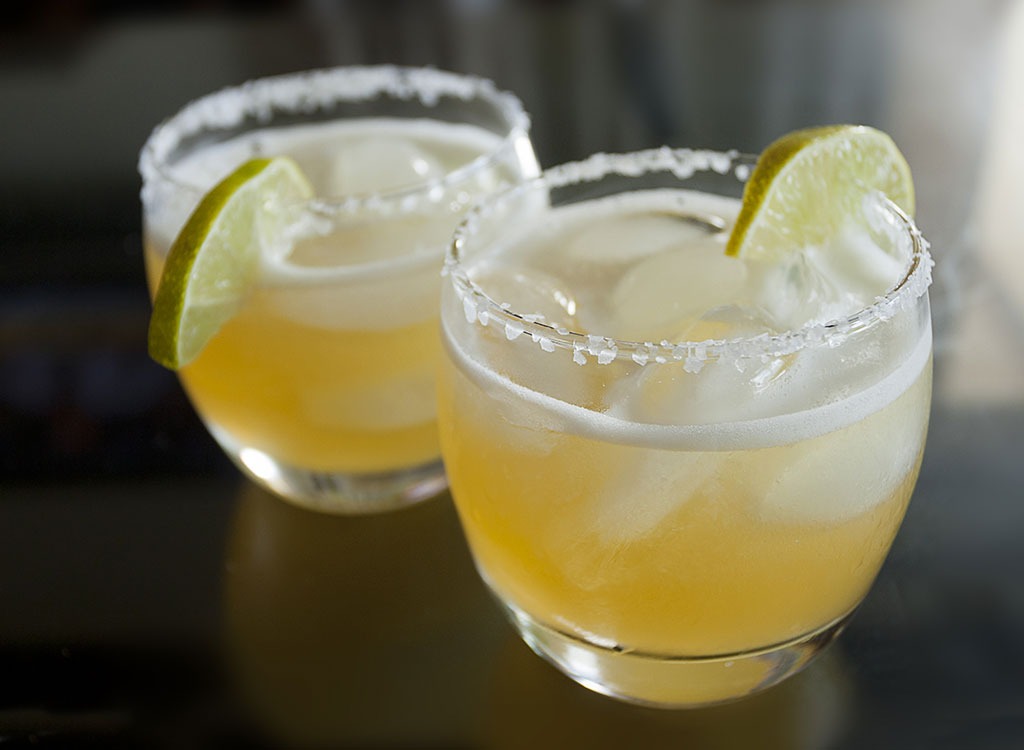
“It’s common for [younger people] to eat less food so they can drink alcohol that evening without taking in excess calories. Doing so is a bad idea at any age, but especially after 30,” says Christine M. Palumbo, MBA, RDN, FAND. “After you turn 30, you’ll likely have more responsibilities and you need to be focused almost every day of the week. If you’re not eating healthy calories—in the form of lean protein, whole grains, and fresh produce—your energy will plummet, your skin will look awful and you’re likely to over-consume alcoholic beverages and gain weight.”
Eliminate “Bad” Food Groups
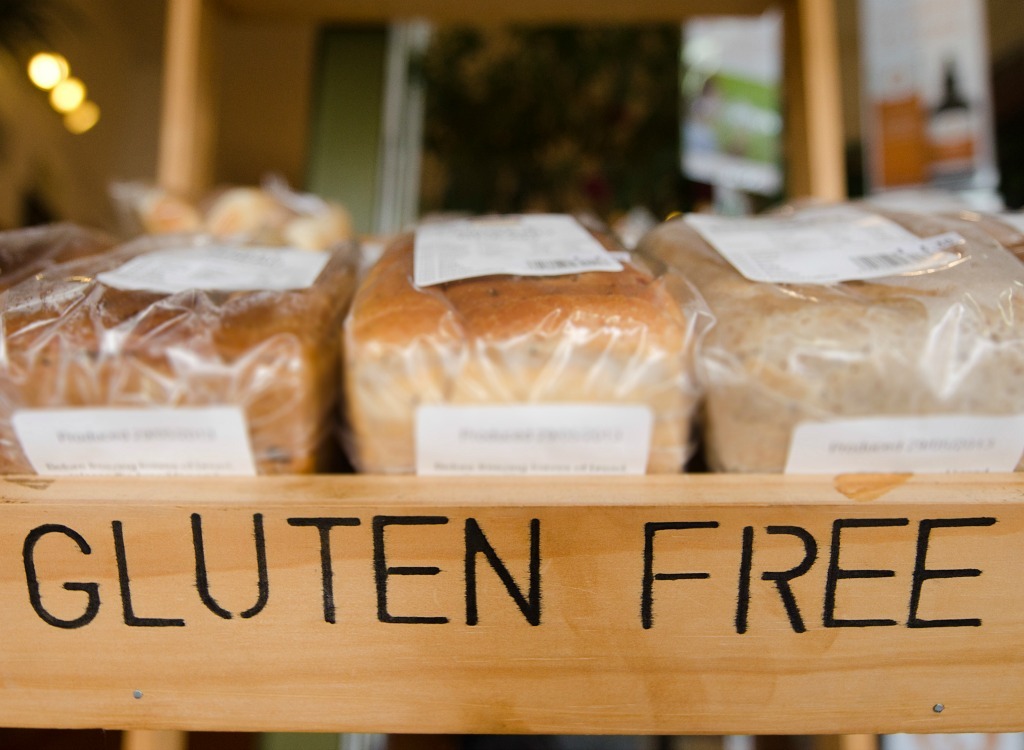
“Axing carbs or dairy may help you cut calories, but it can also set you up for lower nutrient intake, which is increasingly hard on the body as it ages,” says Elisa Zied, MS, RDN, CDN. “If weight loss is your primary motivator for eliminating food groups, focus on reducing portions and eating nutrient-dense versions of shunned foods instead. Rather than eliminating carbs, for example, keep portions small and stick with whole grains over refined varieties.” Still curious about cutting out something like gluten? Get quick answers with these 35 Gluten-Free Questions—Answered in Five Words or Less!
Go on a Low-Cal Diet
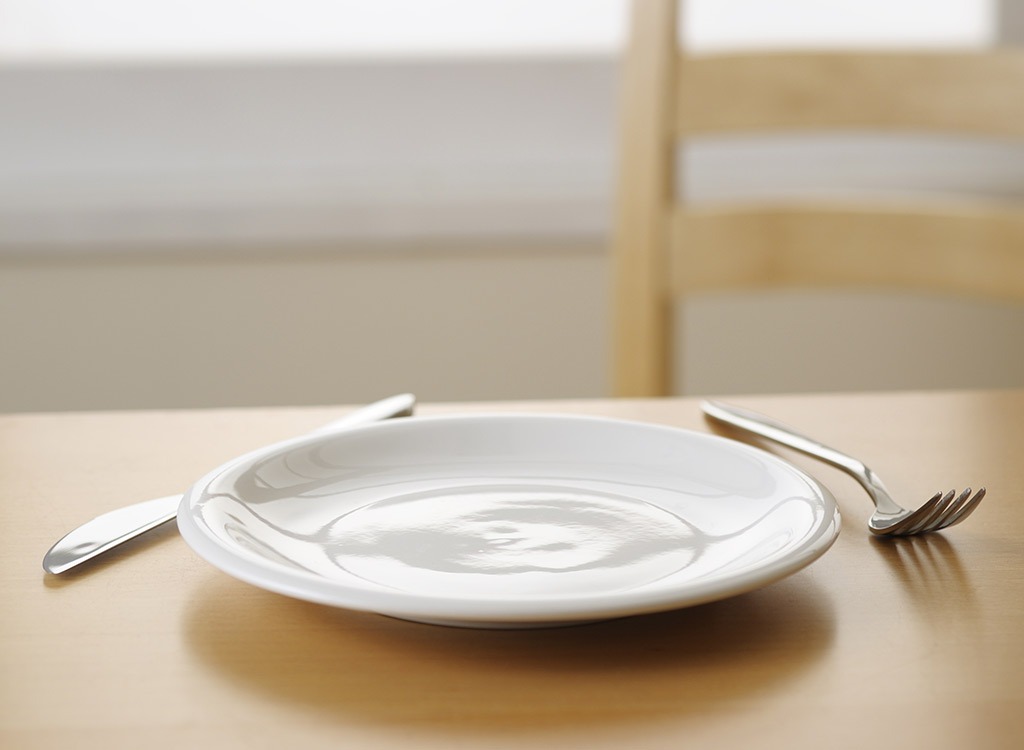
“When you were younger, you may have been able to starve yourself to drop a quick 10 pounds before bikini season, but this is almost impossible once the age ‘odometer’ turns to 30,” Palumbo says. “Not to mention, it’s really unhealthy. Little by little, the metabolism slows down, and it’s tougher to drop weight quickly. Also, when you’re young, you can bounce back physically from a quick weight loss, but it will take its toll and can cause skin problems, hair loss, and diminished energy when you try it after 30.”
Get on the Scale Constantly
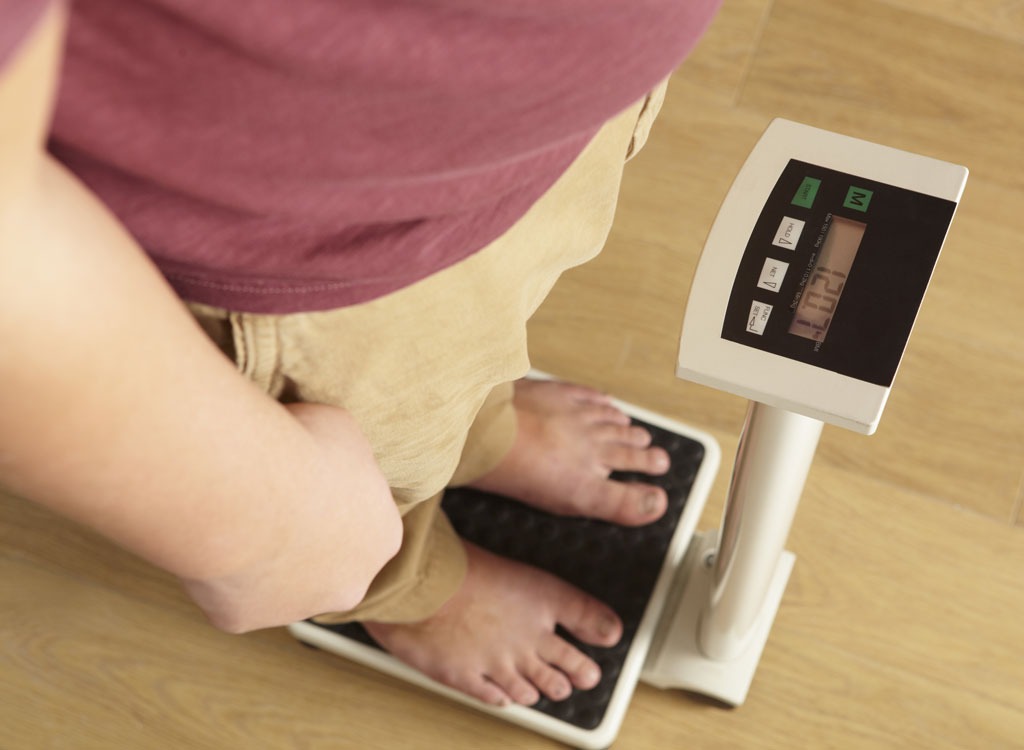
“While stepping on the scale can be a good measure of weight maintenance when you’re younger, things aren’t as simple after you turn 30,” says Marisa Moore, MBA, RDN, LD, owner of Marisa Moore Nutrition. “As we age we tend to lose muscle and store fat, but numbers on a scale won’t necessarily reflect that right away. To catch on to body composition changes, use a pair of your favorite jeans instead of a scale. Snug jeans are an indication that you should watch your diet and incorporate strength training into your fitness routine. This will help your body hold on to more muscle mass and keep your metabolic rate from plummeting.”
Have One Large Meal a Day
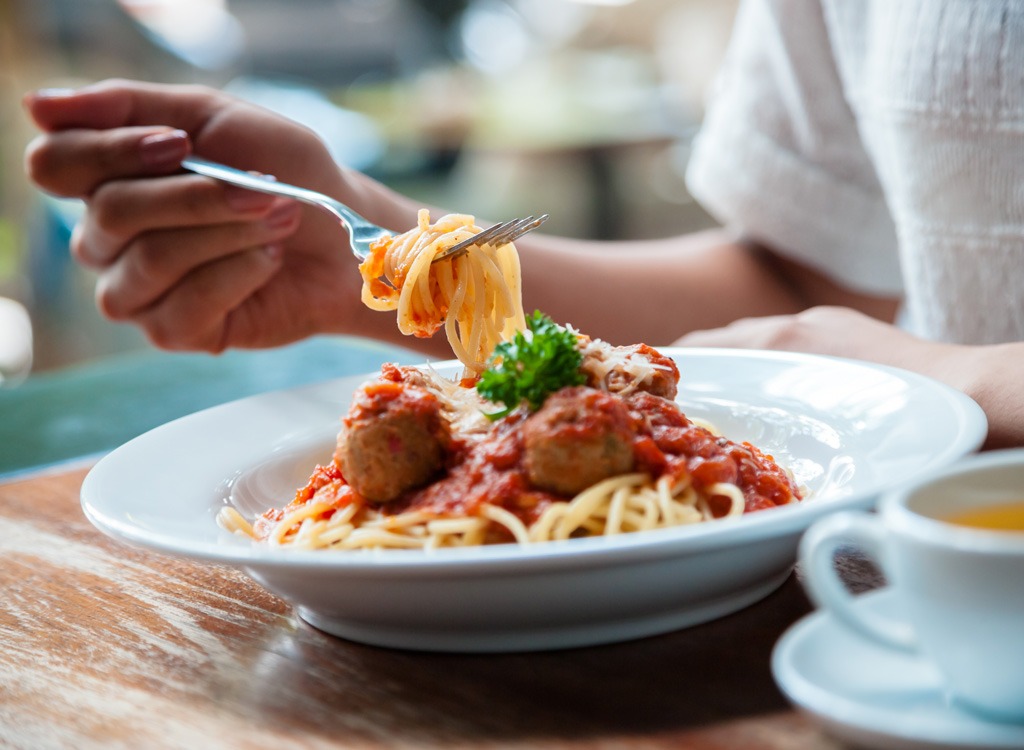
“Many people who are trying to lose weight will restrict their eating to just one daily meal,” Isabel Smith MS, RD, CDN, registered dietitian and founder of Isabel Smith Nutrition. This may work for some people temporarily, but for most it doesn't work long term. The trick is to eat consistently; aim for three daily meals and one or two snacks throughout the day to keep blood sugar balanced and metabolism going strong.” For more good habits to follow, discover these 30 Healthy Habits Fit People Live By!
Go Ahead and Keep Your Alcohol Tolerance Up
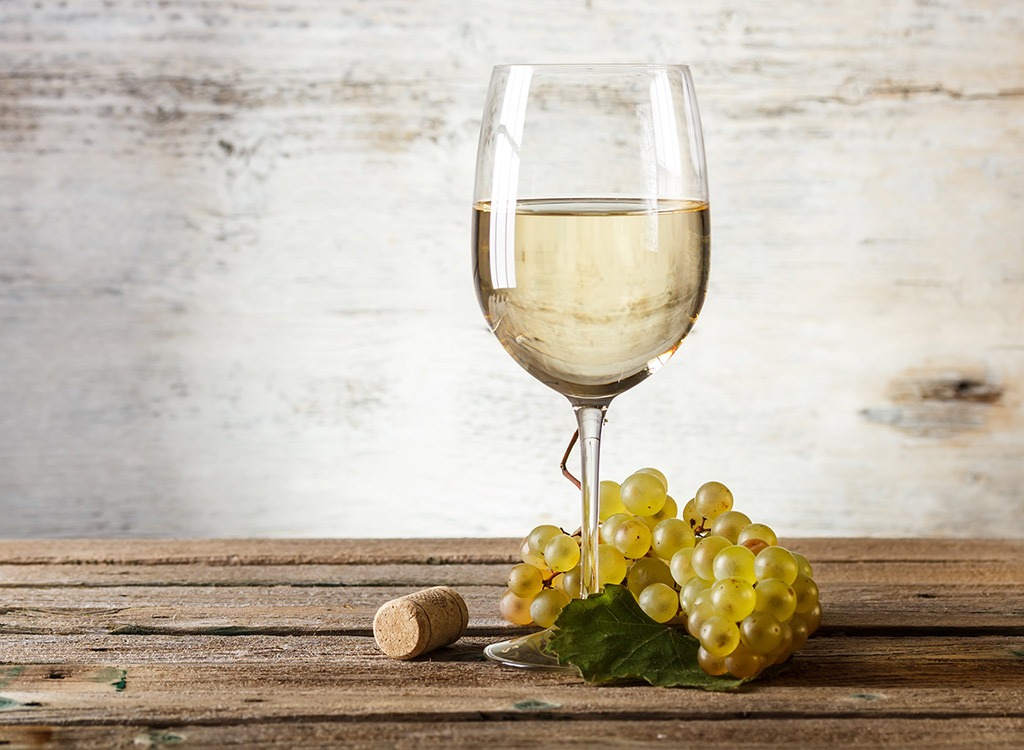
“Yes, drinking in moderation is better than downing an entire bottle yourself, but any amount of alcohol is bound to catch up with you. As we age, the body doesn’t metabolize alcohol as efficiently,” says Martha McKittrick, RD, CDE. “It’s also increasingly difficult to get a good night’s rest with alcohol in your system. While you may have been able to get away with minimal sleep in your 20s, that’s not the case in your 30s and beyond. Sleepless nights lead to carb and sugar cravings the next day, which can contribute to further weight gain.”
Skip Breakfast to Burn Calories
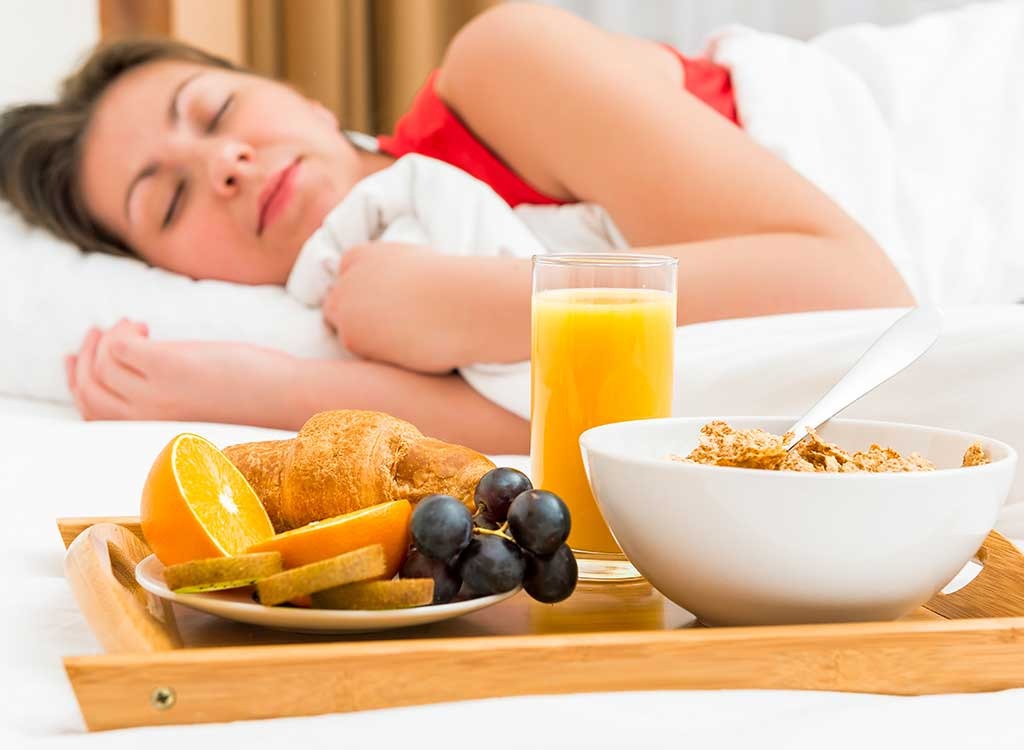
“While younger folks can get away with skipping breakfast or simply eating a starchy ‘weight loss’ cereal or bar, current research suggests that eating 20 to 30 grams of protein at each meal is ideal for satiety, metabolism and weight loss—especially as we age,” says Chris Mohr Ph.D., RD, nutrition expert and former sports nutritionist for the Cincinnati Bengals. “To hit the nutritional mark at breakfast, consume two whole eggs, a glass of milk and a piece of fruit. Alternatively, you can enjoy a shake blended with almond milk, half a banana, a tablespoon of almond butter and a scoop of your favorite protein powder.”
